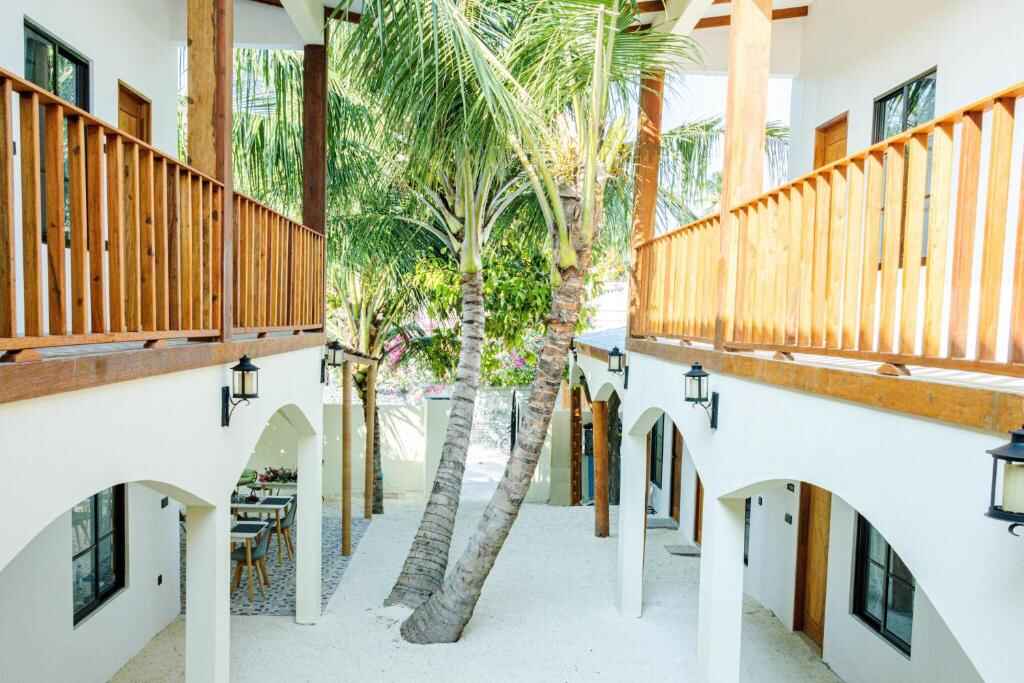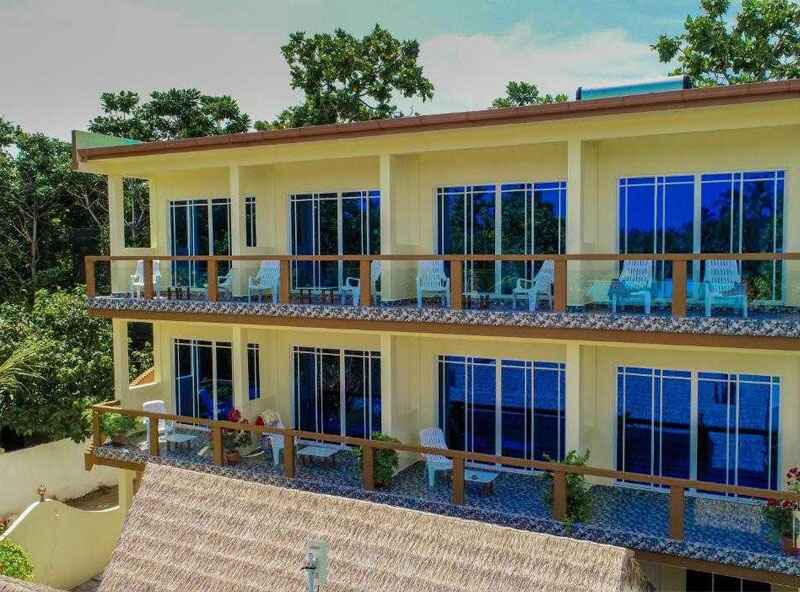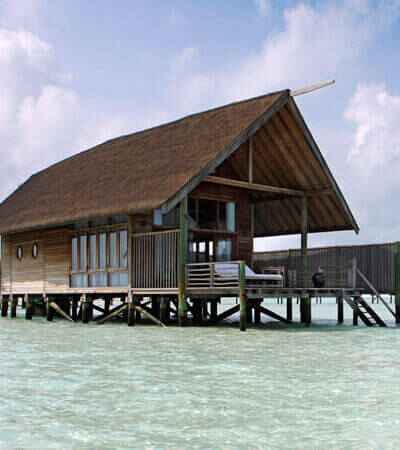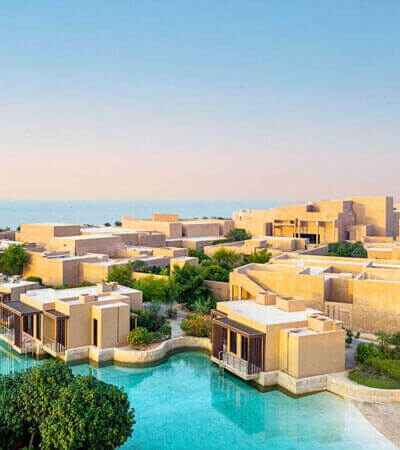
Ahiva Village is a picturesque settlement located on Fulhadhoo Island in the Maldives. It is a serene paradise that offers visitors an escape from the hustle and bustle of city life, and a chance to experience the untouched beauty of nature. With its pristine beaches, crystal-clear waters, and lush greenery, Ahiva Village is a perfect destination for travelers seeking tranquility and natural beauty. In this article, we will explore the rich content of Ahiva Village, Fulhadhoo, providing an in-depth description of its natural wonders, cultural heritage, recreational activities, and practical travel tips.
Natural Wonders of Ahiva Village:
Ahiva Village is blessed with breathtaking natural wonders that make it a true paradise on earth. The island is surrounded by white sandy beaches, which are fringed with swaying coconut palm trees, creating a picturesque tropical setting. The turquoise waters of the Indian Ocean that lap against the shores of Ahiva Village are teeming with marine life, making it a haven for snorkelers and divers. The coral reefs surrounding the island are home to a diverse array of colorful fish, sea turtles, and other marine creatures, providing an unforgettable underwater experience.
Apart from the beaches, Ahiva Village is also known for its lush greenery. The island is covered with dense vegetation, including tropical trees, shrubs, and flowers, creating a verdant landscape that is a feast for the eyes. The island's interior is also dotted with freshwater lakes, where visitors can enjoy a peaceful moment surrounded by nature's tranquility. The natural beauty of Ahiva Village is truly awe-inspiring, and it offers ample opportunities for outdoor activities such as beachcombing, nature walks, birdwatching, and stargazing.
Cultural Heritage of Ahiva Village:

In addition to its natural wonders, Ahiva Village also boasts a rich cultural heritage that adds to its charm. The Maldives has a unique history and culture that is influenced by its geographical location and the various civilizations that have inhabited the islands over the centuries. Ahiva Village, like the rest of the Maldives, has its distinct cultural traditions that are evident in its architecture, cuisine, music, dance, and festivals.
One of the notable cultural features of Ahiva Village is its traditional Maldivian houses, known as "baadis." These houses are typically made of coral stones and wood, with intricately carved doors and windows, and are designed to withstand the harsh weather conditions of the island. The baadis are a testament to the craftsmanship of the local artisans and reflect the unique architectural style of the Maldives.
The cuisine of Ahiva Village is also deeply rooted in Maldivian culture. The island's cuisine is known for its fresh seafood, coconut-based dishes, and local spices. Traditional Maldivian dishes such as "mas huni" (a dish made with shredded fish, coconut, and spices), "rihaakuru" (a fish-based broth), and "roshi" (a type of flatbread) are popular among the locals and visitors alike. The island's cuisine offers a unique gastronomical experience that is a reflection of its cultural heritage.
Music and dance are also important cultural elements of Ahiva Village. The Maldives has a rich musical heritage, and traditional Maldivian music is characterized by its rhythmic beats and soulful melodies. The locals of Ahiva Village often perform traditional music and dance during cultural events and festivals, providing visitors with an opportunity to experience the vibrant cultural scene of the island. The traditional dance forms of the Maldives, such as "Bodu Beru" (a drumming and dancing performance), are a treat to watch and offer a glimpse into the rich cultural traditions.























